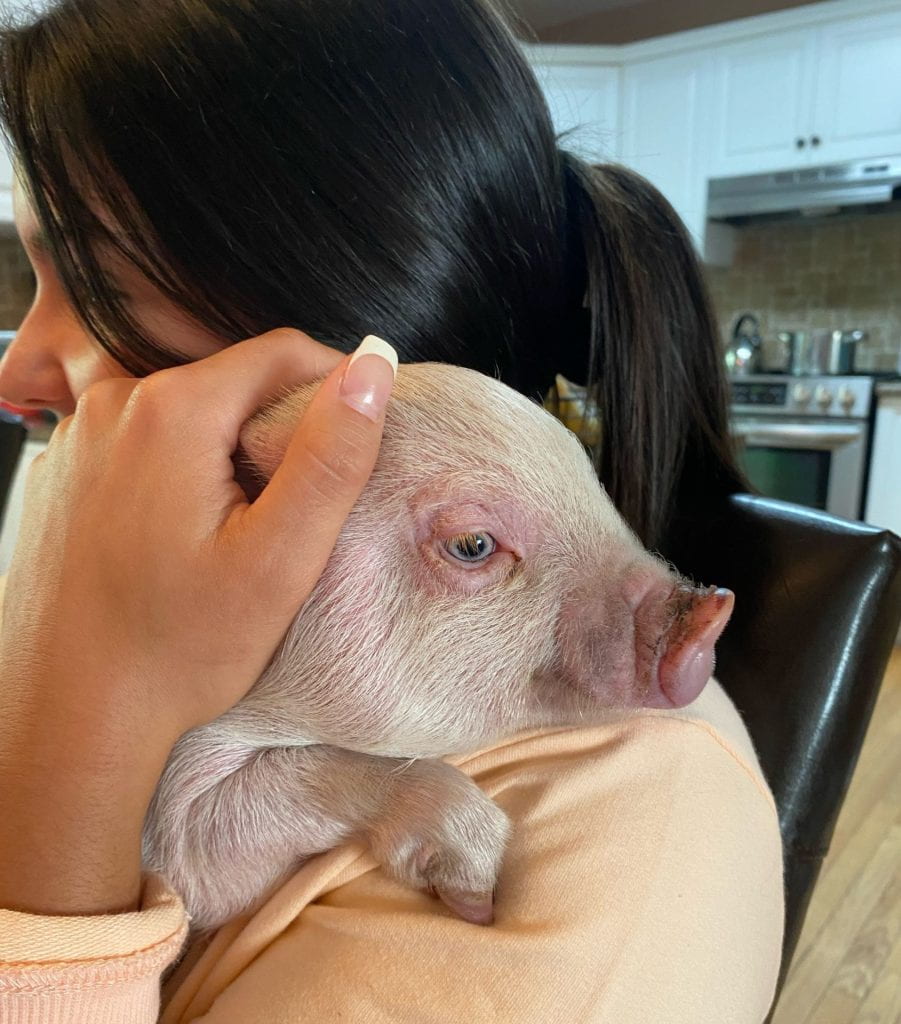Virtual Care offers another avenue to support the veterinarian-client relationship.

Understanding where, how, and when virtual care can be used to support the delivery of client services and patient care is important for its adoption in veterinary medicine.
i
By assessing the use of technology in the veterinary space, the RCVM@OVC team has learned that, out of necessity, many veterinary teams increased their use of virtual consultations during the COVID-19 pandemic.


The RCVM@OVC team is studying ways to support the uptake of virtual care by veterinary teams
To enhance a broader adoption of virtual veterinary care, support tools are needed to better prepare veterinary professionals to conduct virtual physical examinations and use technology to reinforce communication.
With often-restricted client access to the veterinary clinic during the pandemic, virtual care was necessarily fast-tracked in many veterinary clinics. While the hope is that virtual care will someday increase efficiency and access to veterinary care, there are no evidence-based guidelines regarding the conditions of deployment that hold the greatest promise. Our team is undertaking steps to establish these parameters through research, to serve the profession as we move forward.

Virtual care may make it easier for pet owners to access veterinary care
Virtual veterinary care is expected to expand the boundaries of care, allowing under-served or remote communities to have better access to veterinary care. This method of delivery also has the potential to promote pet-health management under the care of culturally appropriate veterinary professionals. Other benefits of virtual care may include reduced wait times, better follow-up, and greater client adherence to treatment plans. Ultimately, virtual care has enormous potential to optimize the inclusivity and continuity of veterinary care, and to provide another avenue to support the veterinarian-client relationship.
k
Interested in learning more about Virtual Care?
To read selected publications on Virtual Care by Dr. Coe and other members of the RCVM@OVC team, please visit our Publications page, as well as our Resources page.
“The rise of virtual care signals a shift in the veterinary field – recognizing that Relationship-Centred Veterinary Medicine can cross geographical barriers and facilitate care for all.”
Catherine Groves, MSc, PhD Candidate



